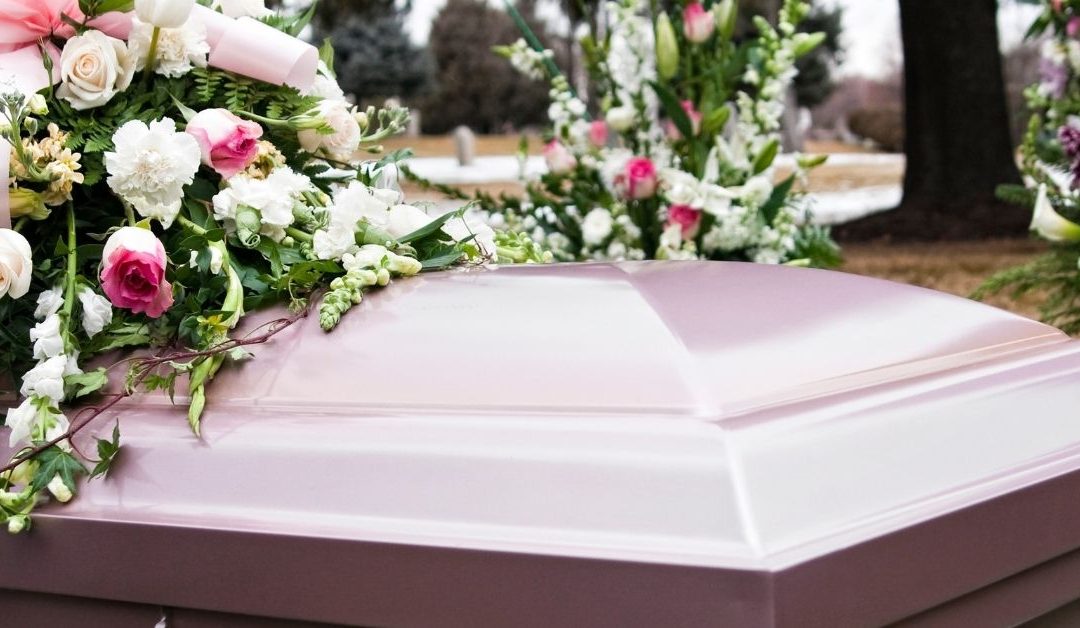“Grief is the normal and natural emotional reaction to loss or change of any kind.”
Since there are many types of loss and a wide range of emotions, there is not a single grief definition that covers it all. Grief is most often experienced in response to the death of a loved one, but may also be experienced due to losses such as divorce, the death of a pet, or loss of a job.
There is no correct way to grieve; it is an individual process. Not only do grief responses vary culturally, but within a culture, they vary from person to person. This is especially true in societies made up of people from many cultural backgrounds. If you seek to support a person with a different cultural background, consider talking with someone who shares that same background or searching for information to learn more about the customs and mourning practices of that culture. Just as the death rituals and funeral practices, which begin the healing process, are unique across the world, so are the ways of withstanding loss. Rituals begin the healing process and offer people ways to process and express their grief. They also provide ways for the community to support the bereaved.
The intensity of grief may lessen over time, however, working through grief can be a long and difficult process. Fortunately, there are things you can do to help yourself adapt. Taking care of yourself and accessing the support of friends and family can help you cope with loss. You can also connect with others who are grieving and hear from experts. Know that you are not alone. For helpful grief support information and links, please visit the Grief Support page on our website. Additional resources may be available in your own community. Grief counseling may be offered by social workers, clergy, nurses, pastoral counselors, or trained volunteers. Contact your local funeral home, hospice, hospital, clinic, or religious organization for more information.
The following grief support services are available for healing in the Madison Community:
For Adults
- SSM Health at Home: (877) 356-4514
- Center for Life and Loss Integration: (608) 258-7771
- First United Methodist Church (Baraboo): (608) 356-3991
- Good Shepherd Lutheran: (608) 271-6633
- Agrace HospiceCare, Inc.: (608) 276-4660
- UnityPoint Health-Meriter Hospital: (608) 267-5900
- Living with Loss – Gilda’s Club of Madison: 2nd and 4th Wednesdays of the month, 6-7:30 p.m.: (608) 828-8880
For Parents
- Bereaved Parents: (608) 837-3706
- Compassionate Friends: (608) 835-7493 or (608) 258-0014 (24-hour phone-line)
- Living with Loss – Gilda’s Club of Madison: 2nd and 4th Wednesdays of the month, 6-7:30 p.m.: (608) 828-8880
For Children and Teens
- Children’s group (ages 5-12): (608) 276-4660
- Teens group (ages 13+): (608) 276-4660
- Living with Loss – Gilda’s Club of Madison: 2nd and 4th Wednesdays of the month, 6-7:30 p.m.: (608) 828-8880
For Widows and Widowers
- Living with Loss (Belleville): (608) 424-3681
- Widows/Widowers Social Group: (608) 271-6633
- Agrace HospiceCare, Inc.: (608) 276-4660
- Living with Loss – Gilda’s Club of Madison: 2nd and 4th Wednesdays of the month, 6-7:30 p.m.: (608) 828-888

